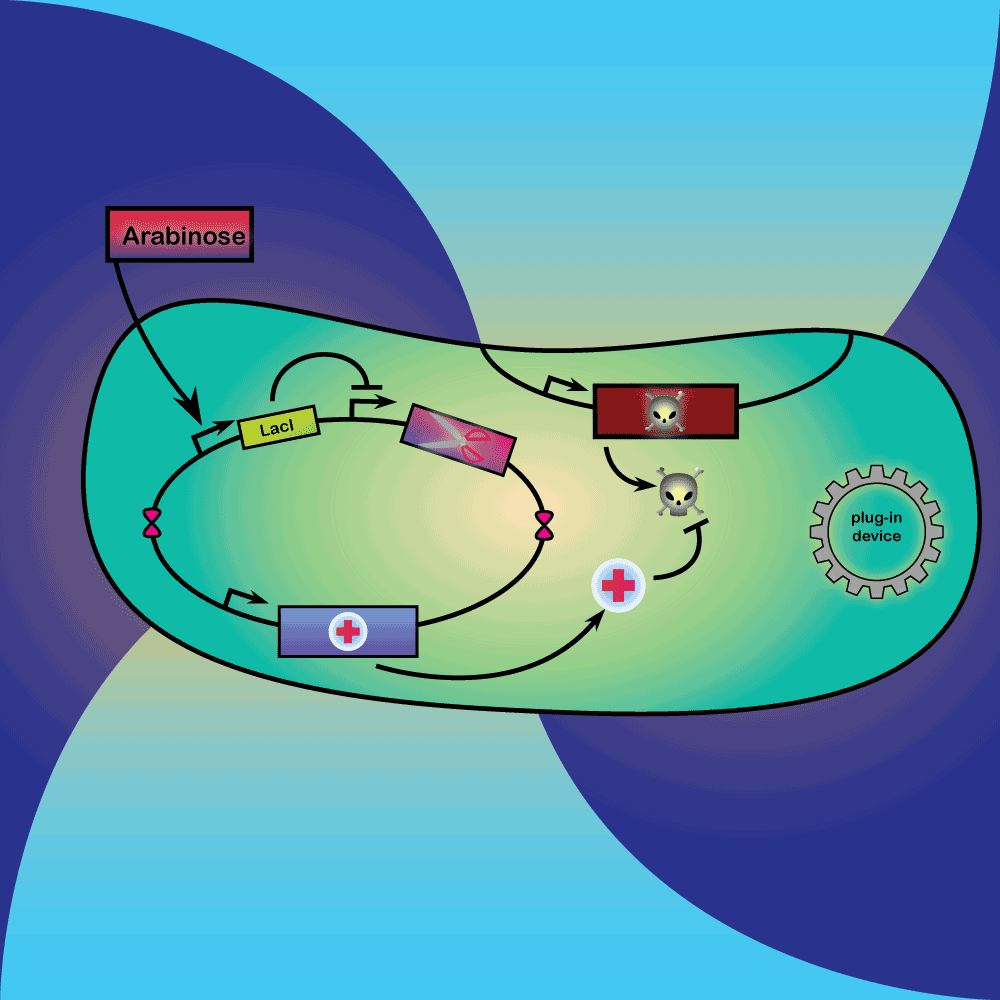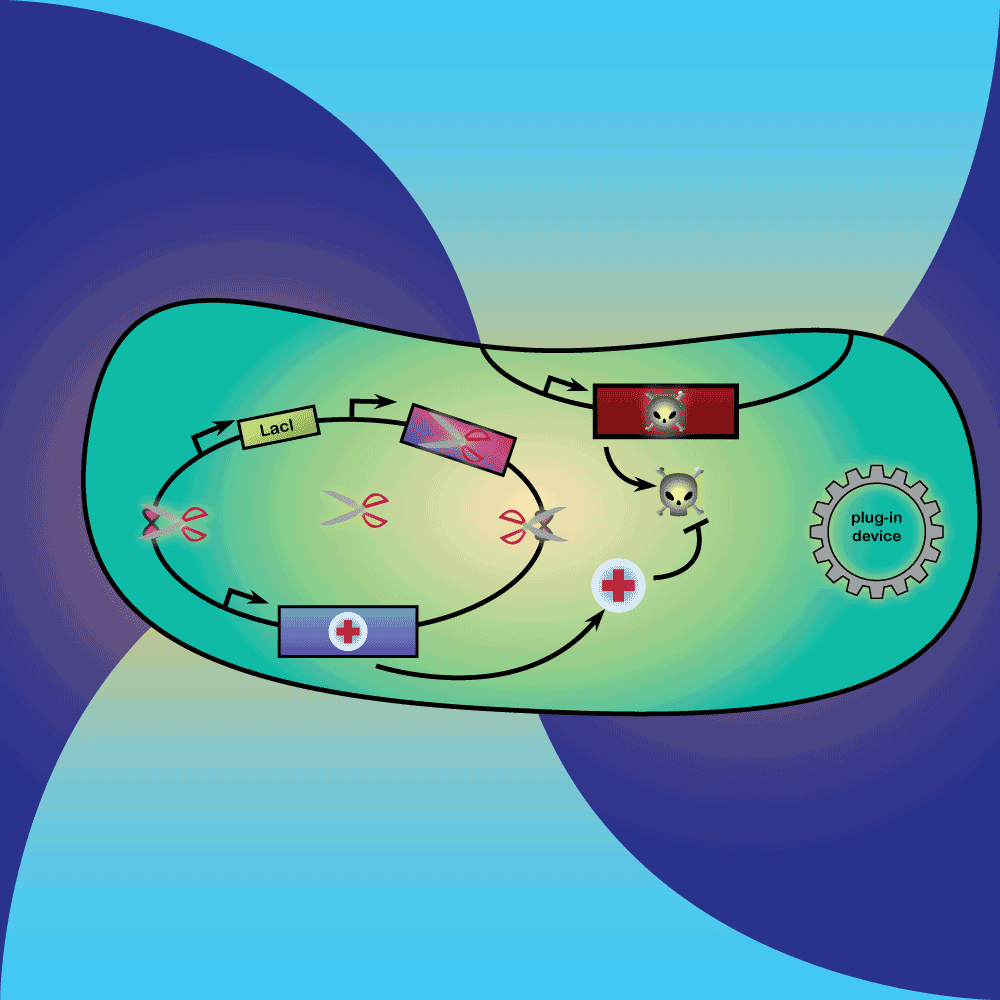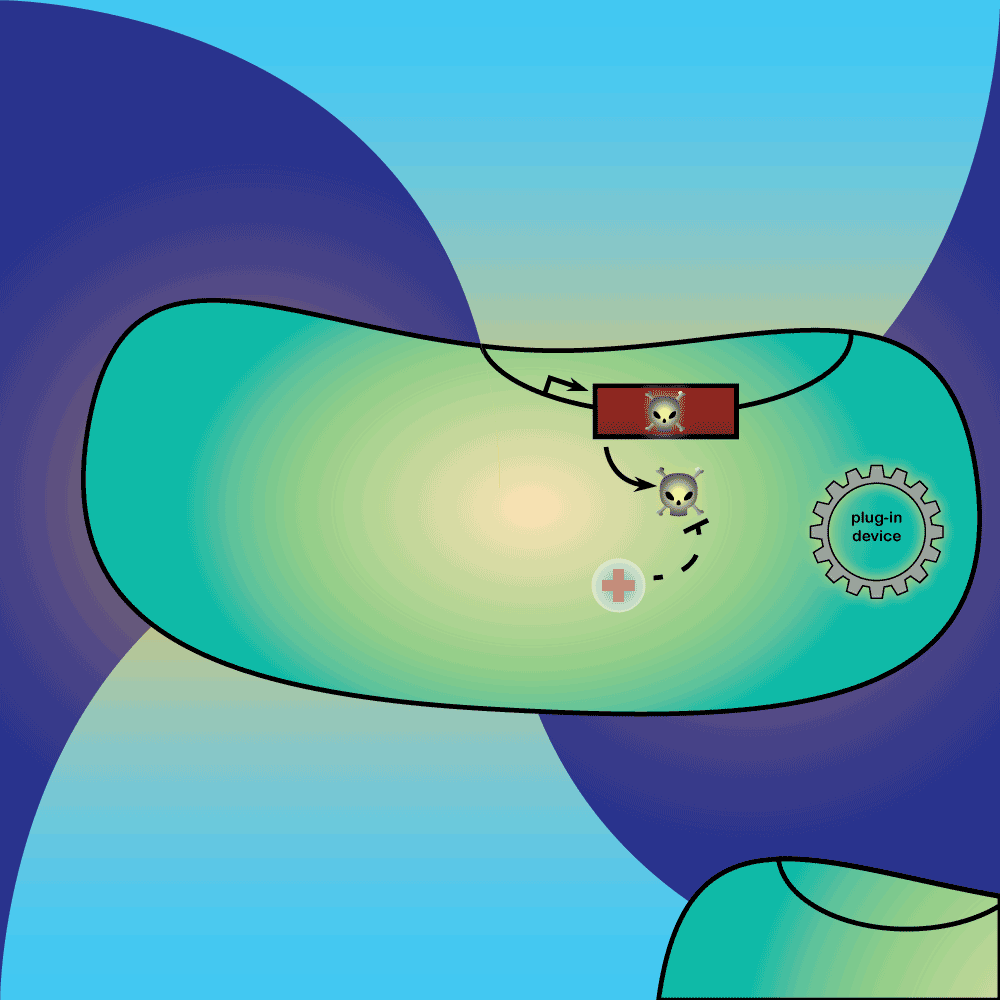Team:Paris Bettencourt/Overview
From 2012.igem.org
| Line 26: | Line 26: | ||
background-color: transparent; | background-color: transparent; | ||
} | } | ||
| - | + | /* | |
.thumbnail:hover img{ | .thumbnail:hover img{ | ||
border: 1px solid blue; | border: 1px solid blue; | ||
} | } | ||
| - | + | */ | |
.thumbnail span { /*CSS for enlarged image*/ | .thumbnail span { /*CSS for enlarged image*/ | ||
position: absolute; | position: absolute; | ||
| Line 57: | Line 57: | ||
</style> | </style> | ||
| - | <img src="https://static.igem.org/mediawiki/2012/f/f6/PhysicalContainmentSystemLarge.png" width="500px" /> | + | <img src="https://static.igem.org/mediawiki/2012/f/f6/PhysicalContainmentSystemLarge.png" width="500px" style="left: 102px;position: absolute;top: 352px;"/> |
| + | |||
<div class="gallerycontainer"> | <div class="gallerycontainer"> | ||
Revision as of 22:57, 26 September 2012











An example of an application for our project
Imagine a farmer that would like to know how much fertilizer is in his field, and optimize its use. We would provide him with cells carrying a nitrate biosensor (AgrEcoli), encapsulated in beads containing arabinose. He would spray the beads in his field, wait for 12h and then check if they are glowing in response to the nitrates contained in his soil.
We want to prevent the engineered organism or its DNA from being released and potentially transferred to a soil organism. For this reason once the arabinose is completely degraded inside the beads, the delay system would trigger the degradation of any DNA, followed by the collective death of our organisms due to the activation of toxic Colicins. Moreover, the semantic containment system would ensure that even if a synthetic gene is transferred to a natural organism, it would not be translated into a functional protein.
Using our mechanism, the farmer would be able to use this device without endangering the environment by the release of synthetic genes.
Objectives
Our project aims to:
- Raise the issue of biosafety, and advocate the discerning use of biosafety circuits in future iGEM projects as a requirement
- Evaluate the risk of HGT in different SynBio applications
- Develop a new, improved containment system to expand the range of environments where GEOs can be used safely.
To do so, we:
- Engaged the general public and scientific community through debate
- Raised the question about how we can regulate this practices
- Compiled a parts page of safety circuits in the registry
- Relied on three levels of containment :
- Physical containment with alginate capsules
- Semantic containment using an amber suppressor system
- An improved killswitch featuring delayed population-level suicide through complete genome degradation.
We strived to make our system as robust against mutations as possible.
General recommandation for a good killswitch device
|
 "
"


 Overview
Overview Delay system
Delay system Restriction enzyme system
Restriction enzyme system MAGE
MAGE Synthetic import domain
Synthetic import domain Safety Questions
Safety Questions Safety Assessment
Safety Assessment